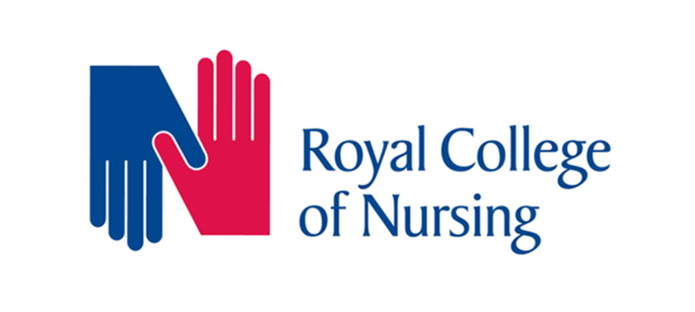Research published today (22 May 2019) in the European Heart Journal reveals that women in cardiac arrest are less likely to be resuscitated by a bystander, leading to decreased survival rates.
The study, led by cardiologist Dr Hanno Tan (MD, PhD) at the University of Amsterdam (The Netherlands), found that “people did not recognise that women who collapsed were having a cardiac arrest, leading to delays in calling the emergency services and delays in providing resuscitation treatment.”
Dr Tan states that “People may be less aware that cardiac arrest can occur as often in women as in men, and the women themselves may not recognise the urgency of their symptoms. Women may have symptoms of an impending heart attack that are less easy to interpret, such as fatigue, fainting, vomiting and neck or jaw pain, whereas men are more likely to report typical complaints such as chest pain.”
In light of this new research, it is essential that all symptoms are considered equally important in evaluating cardiac arrest – and intervention occurs as soon as possible to maximise chances of survival.
Resuscitation Council UK knows that CPR saves lives, and we encourage people who witness a person who is unconscious and not breathing normally to take immediate action to intervene, irrespective of the gender of the casualty.
Director of Public Affairs Danni Manzi said:
“We hope that this new research empowers and encourages people to help save a life. Dialling 999, beginning chest compressions and accessing a defibrillator are key to giving a person their best chance of survival in a cardiac arrest, whoever and wherever they are.”

